Old Christmas came to stay in Sleepy Hollow after Washington Irving’s time in England. In his sack, he brought “The Headless Horseman” and “Santa Claus.” Was he truly the man who invented Christmas?
It has forever been debated who really “invented” Christmas. Was it Charles Dickens and his 3 Christmas ghosts, or Washington Irving, the first great American ghost storyteller, known for “The Legend of Sleepy Hollow”.
Did you know that the same collection of short stories, where the legend of the headless horseman is portrayed, also contains a heartwarming merry old tale called “Old Christmas?”
Keep reading to see how Washington Irving’s writings about Old English Yuletide & Dutch traditions influenced Christmas to be what it is today and why he is the true ghost of Christmas Past, and “the man who invented Christmas.”
Jump to Part 1: Old Christmas
Jump to Part 2: Washington Irving & Santa Claus
Jump to Part 3: The Legend of Sinterklaas
Jump to Part 4: Holidays in Sleepy Hollow
P.S. Support us on Patreon to get exclusive perks and behind-the-scenes.
We look forward to having you with us.
OLD CHRISTMAS
Washington Irving (1783-1859) was an American short story writer, essayist, biographer, historian, and diplomat best known for his short stories “Rip Van Winkle” and “The Legend of Sleepy Hollow.”
He spent 17 years in England before retiring to Tarrytown, New York. He never married or had children so many of his holidays were most likely spent with friends. “Old Christmas” is a delightful 19th-century account of a traditional English Christmas celebration set at a stately but rural manor “Bracebridge Hall”.
The story is originally told through five essays:
In later republications, it might be compressed into four essays.
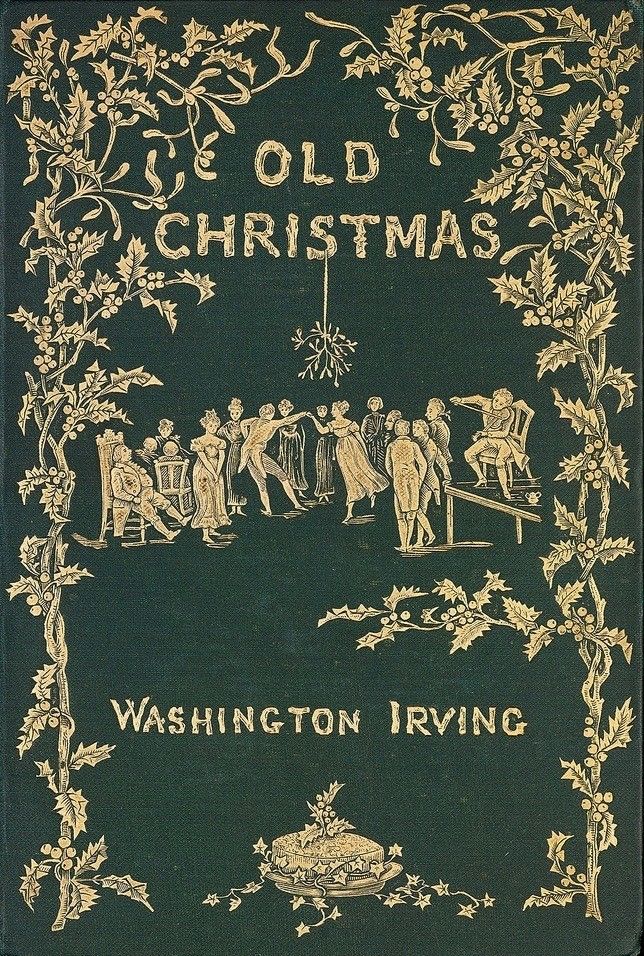
This book largely contributed to the revival and reinterpretation of the Christmas holiday in the United States. One of Irving’s most lasting contributions to American culture is in the way Americans perceive and celebrate Christmas.
“There is nothing in England that exercises a more delightful spell over my imagination than the lingerings of the holiday customs and rural games of former times.”
– Washington Irving
WASHINGTON IRVING & SANTA CLAUS
We asked our friend Char Weigel, former trustee, at The Historical Society Serving Sleepy Hollow and Tarrytown how Washington Irving essentially created the American Christmas and Santa Claus and this is what we learned:
Although many Americans think Charles Dickens popularized Christmas in “A Christmas Carol,” Dickens himself actually grew up reading Washington Irving’s Christmas stories in The Sketchbook of Geoffrey Crayon, Gent. (1819-1820) and Bracebridge Hall (1822).
In fact, Dickens would have been 7 or 8 years old when The Sketchbook was published in England. When Irving honored Dickens during a visit to America in 1842, Dickens returned the love, saying, “I don’t go to bed two nights out of seven without taking Washington Irving under my arm upstairs to bed with me!” (supposedly Dickens’ wife blushed at this part of the speech).

“I don’t go to bed two nights out of seven without taking Washington Irving under my arm upstairs to bed with me!”
– Charles Dickens
On the other hand, some people go so far as to say Christmas didn’t exist before Washington Irving.
Christmas was actually one of many religious holidays, but Irving drew on the old German and Dutch folklore figure Saint Nicholas to add a fun element to the holiday that clearly has stuck. Children in those European cultures would hang a stocking by the fireplace or put a shoe by the door on the evening of December 6 for St. Nicholas to secretly fill with little treats by the next morning. We have the Dutch “Sinterckass” to thank for today’s Santa Claus!
So why do many Americans think of Old England when we think of Christmas? Certainly, Dickens’ popularity is part of that, but Irving is the one who gave us a nostalgic image of England’s past. Of family, feast, and fun on the cold winter holiday, in his short stories in The Sketchbook and in Bracebridge Hall.
Irving really launched St. Nicholas in his 1809 satirical Knickerbocker’s History of New York, (also known as Diedrich Knickerbocker’s History of New York), saying that St. Nicholas had actually guided the Dutch to the original site of their colony.
Washington Irving’s description of St. Nick inspired the poem “The Night Before Christmas”
Irving’s description of St. Nick in the Knickerbocker’s History is the forerunner of today’s image of Santa Claus. Irving says, “… The Good St. Nicholas came riding over the tops of trees, in that self-same wagon wherein he brings his yearly presents to children… And he lit his pipe by the fire, and sat himself down and smoked; and as he smoked the smoke from his pipe ascended into the air, and spread like a cloud overhead… and laying a finger beside of his nose, gave the astonished Van Kortlandt a very significant look, then mounting his wagon, he returned over the treetops and disappeared.” And to all, a good night!
It was this description that inspired the poem “A Visit from St Nicholas” or as more people know it, “The Night Before Christmas”.
THE OLD DUTCH LEGEND OF SINTERKLAAS
Over 300 years ago, Dutch settlers arrived in America. Among their big trunks filled with clothes, memories, and belongings of all kinds, they also brought an old traditional character of theirs. His name is Sinterklaas, which is the name of Saint Nicolas, saint and Patron of all the children.
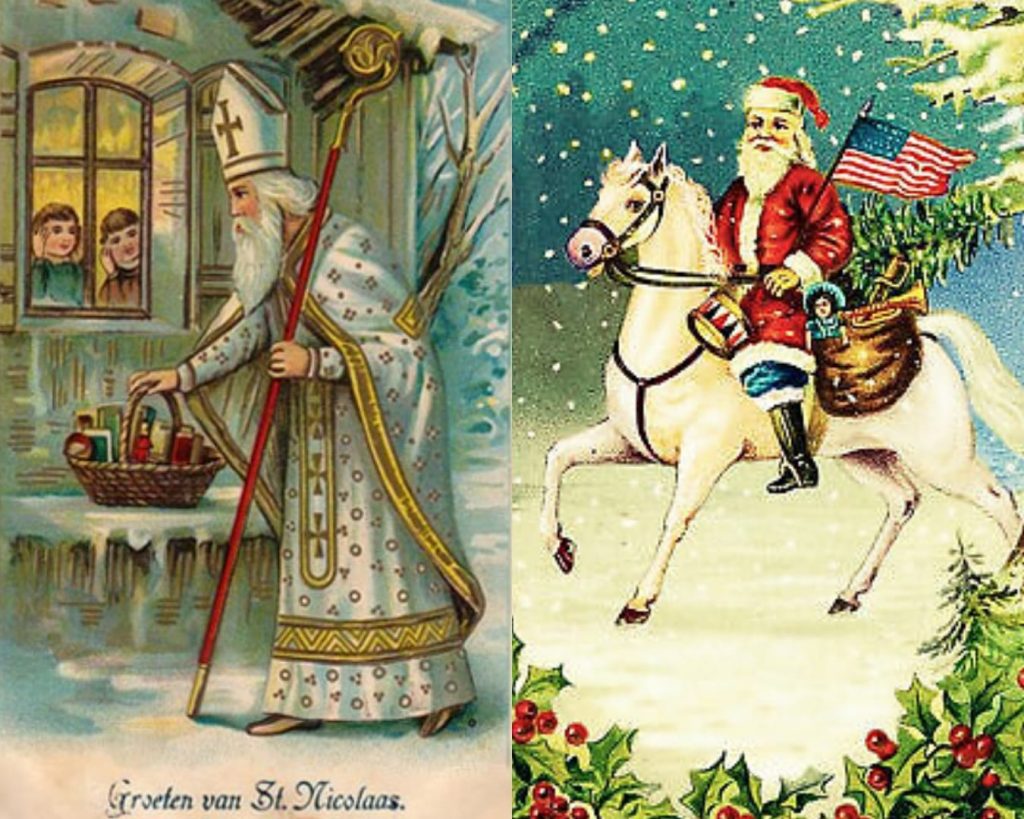
His appearance is similar to Santa Claus, an older man with a white fluffy beard, wearing a red outfit. Although Sinterklaas takes a more serious appearance, carrying a long curled shepherd’s staff. He has a more religious background than Santa but is celebrated by Dutch people of all ages without any real religious connotations.
Don’t forget to leave some carrots in your shoes during the night of December 5th.
He comes during St Nicholas Eve, (December 5th), and is famous for leaving gifts in people’s shoes, which is why it is in order to leave some carrots in the shoes before going to bed. The carrots are not for Sinterklaas but for his white horse. But since Sinterklaas himself has a more slim posture (compared to Santa) I don’t think I am too far off if I guess that his horse lets him have one or two carrots.
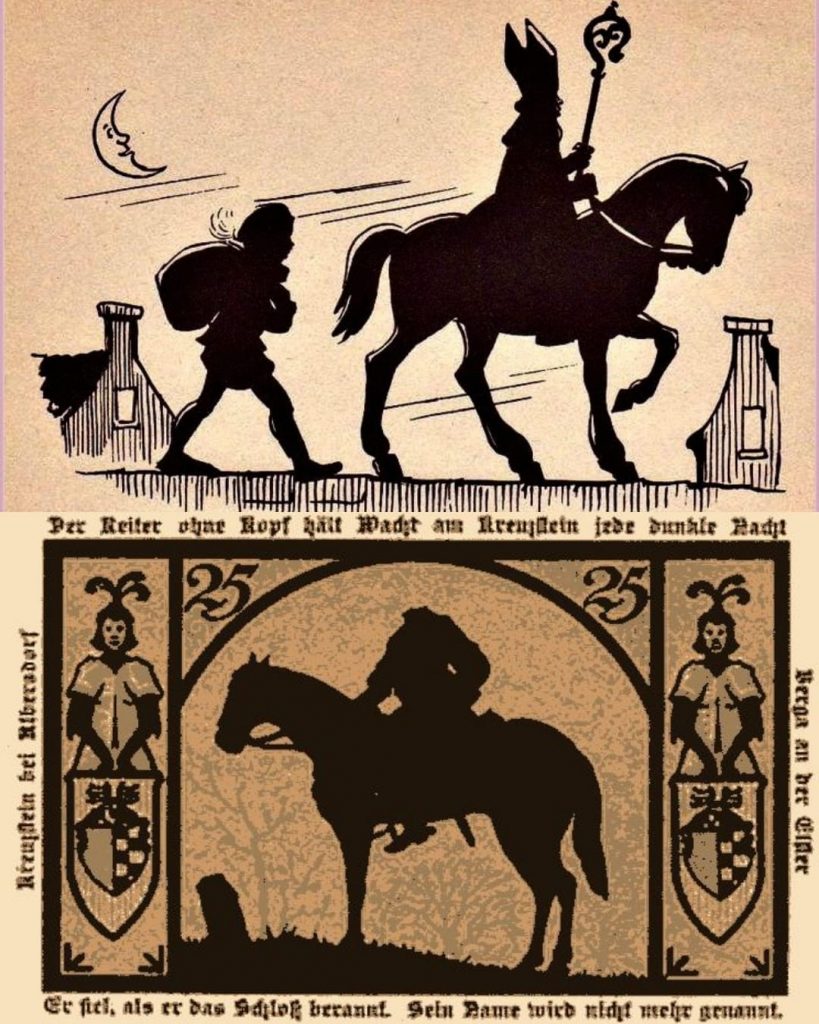
Naughty children were taken to Spain.
We have all seen the somehow funny photos of crying children in Santa’s lap. It is very silly because Santa would never hurt any children. On the other hand, if it were Sinterklaas their fear would be more valid, at least If you had been a naughty child. It is said that you would end up in black Pete’s sack of burlap and be taken to Spain. One good reason to stay away from the naughty list. (If you don’t love traveling of course, and want a free trip to Spain.
Sometimes he does public appearances and for those occasions, he has a companion named Black Pete. It is common to portray him with black skin since he is said to be a Moor from Spain. His outfit is of Renaissance style and often very colorful. His main task is to amuse the children and hand out treats in the form of what is called “Kruidnoten”, a kind of biscuit, and “Pepernoten” a kind of gingerbread cookie.
HOLIDAYS IN SLEEPY HOLLOW
The legend of Sinterklaas still holds true in the Hudson Valley of New York where many Dutch traditions still linger. Rhinebeck, NY has a whimsical festival and parade every year that we once were able to attend.
Many think of Sleepy Hollow as a haunting town of Halloween (which is correct) although, among the ghostly spirits, it also has as many charming old Christmas traditions as well.
The Old Dutch Church of Sleepy Hollow usually has its own Christmas tree lighting ceremony on St. Nicholas’ Day in the old burial ground. Standing face to face with Sinterklaas in the mysterious atmosphere of Sleepy Hollow, we are thinking to ourselves, can it be the headless horseman? Are Sinterklaas and The Headless Hessian the same figure?
The question is not too far off since they all are connected with the Dutch settlement, brought to life by “the man who invented Christmas”, Washington Irving.
Since we settled in the area of Sleepy Hollow we have embraced the many old traditions for our own Christmas celebrations. It is quite festive.
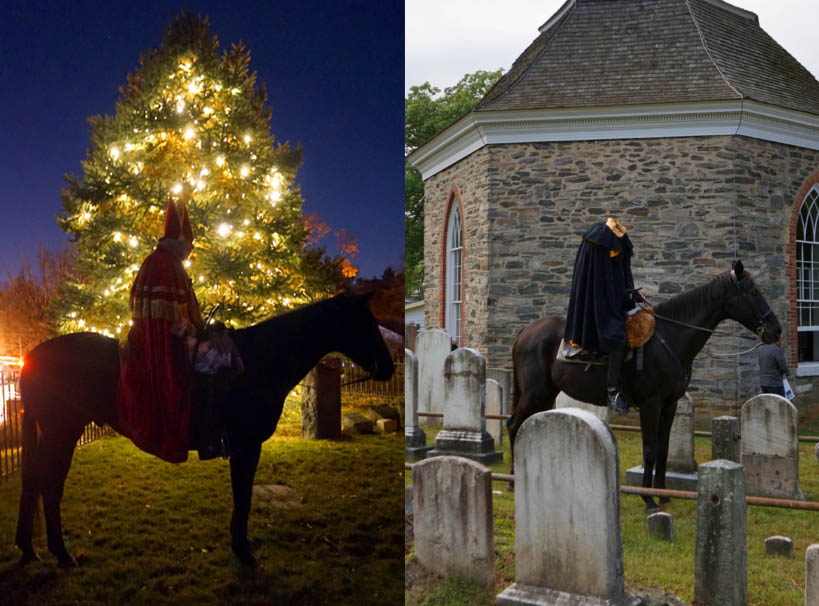
To live here in the Hudson Valley you realize it is full of so many legends and traditions, especially of the old Dutch descent like Sinterklaas that even Washington Irving wrote about that eventually led to our modern-day Santa Claus. Christmas Eve candlelight service at the Old Dutch Church of Sleepy Hollow and watching “It’s a Wonderful Life” at the historic Tarrytown Music Hall to mention a few.
Storytellers like Jonathan Kruk bring these legends to life every holiday season and we’re thankful to our friends at Horsefeathers Restaurant for making us feel part of the family and festivities in Tarrytown.
We’d love to hear about any of your “Old Christmas” traditions that you celebrate in the comments! Bye For Now, & Happy Holidays,
– Lindsay Dianne & Jonas
P.S. Support us on Patreon to get exclusive perks and behind-the-scenes.
We look forward to having you with us.
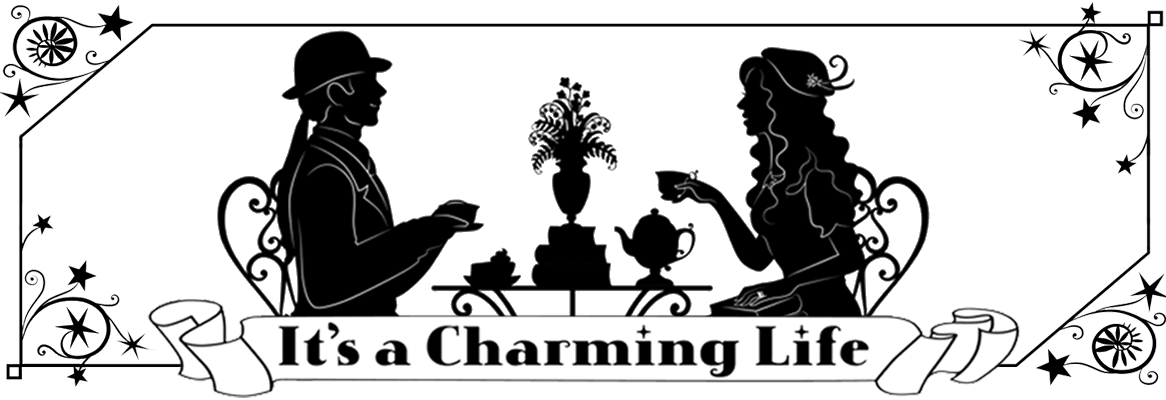
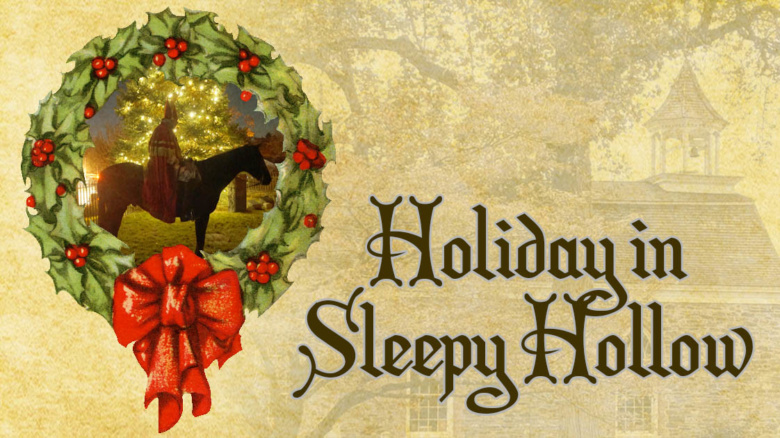

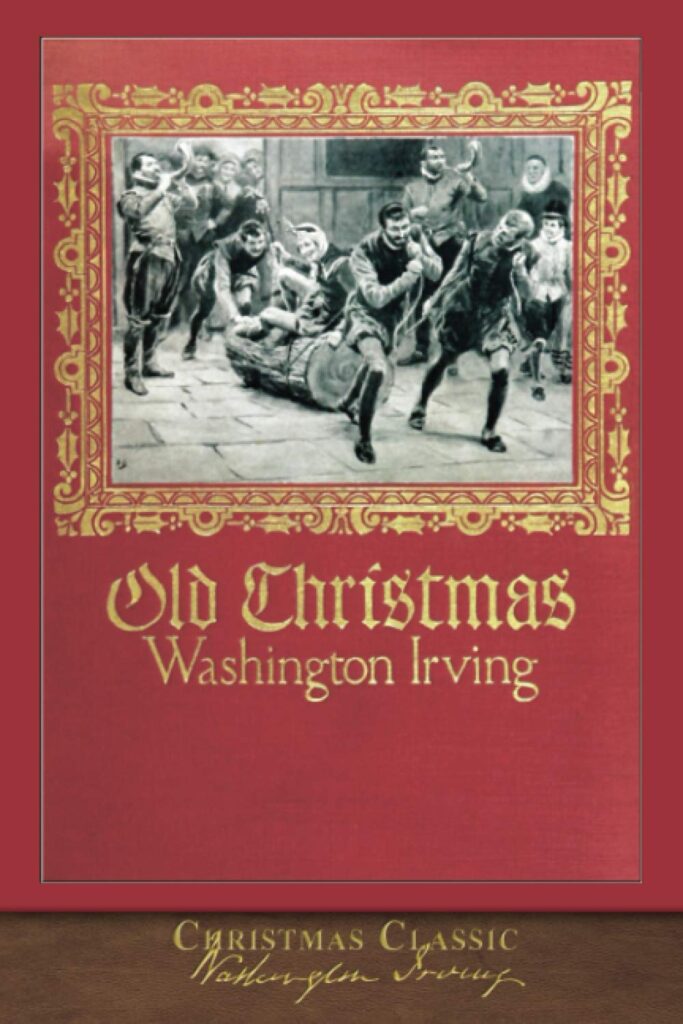
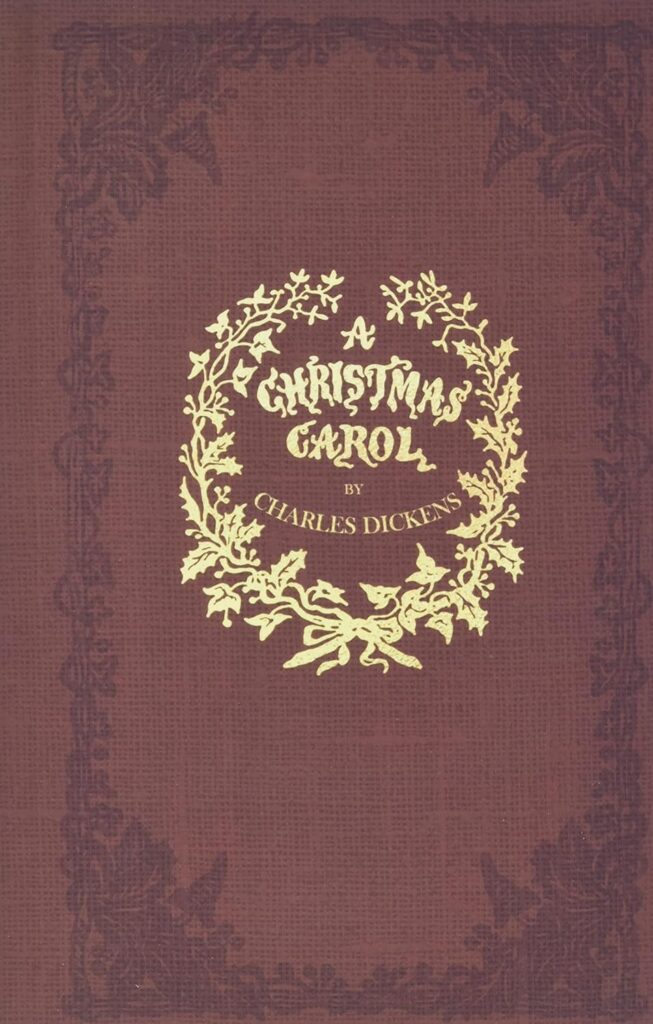
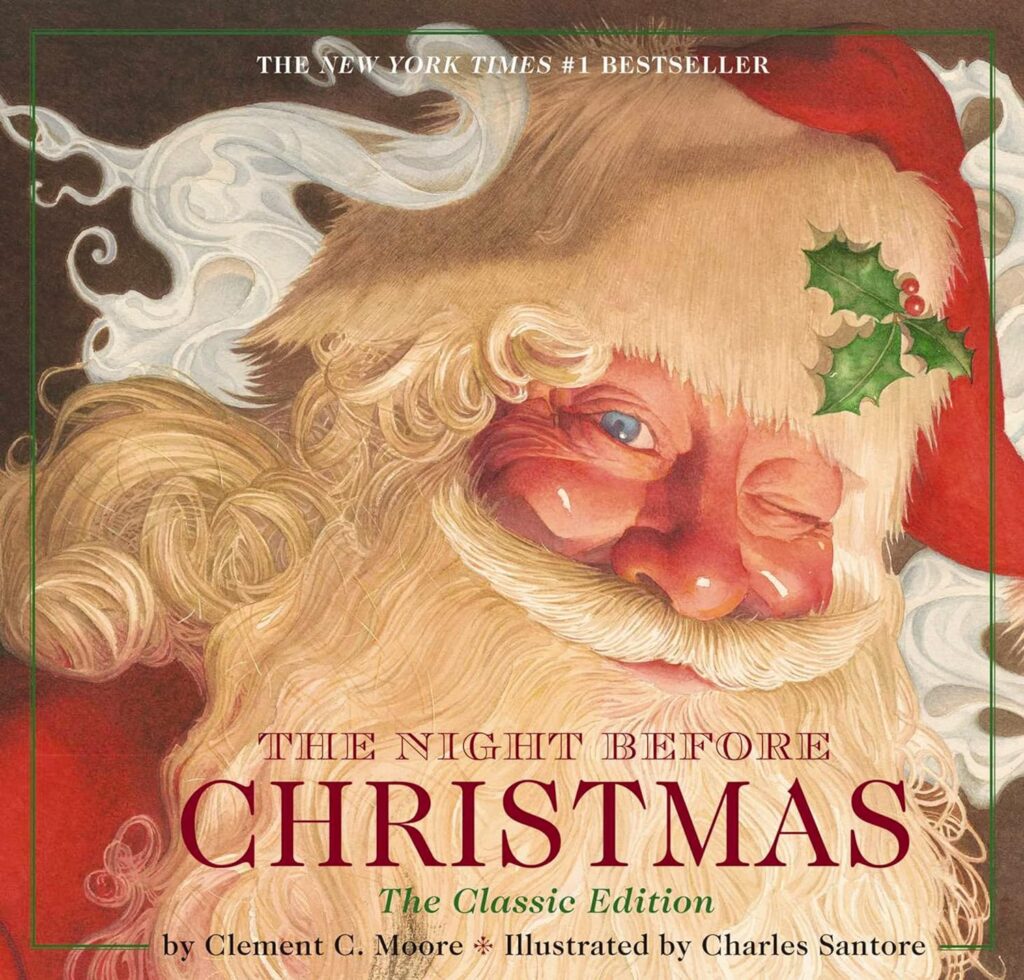
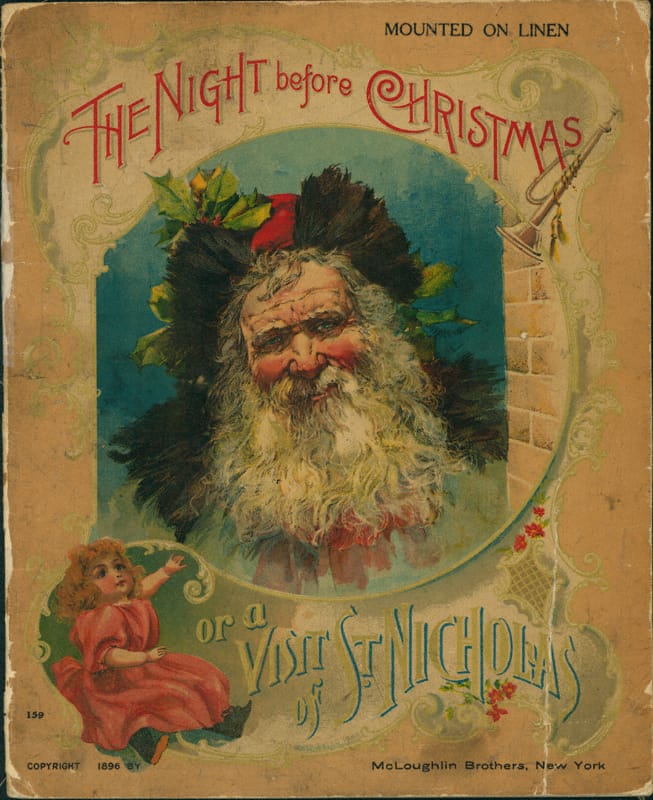
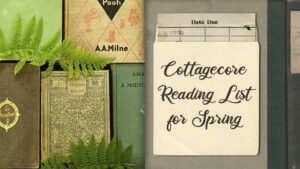
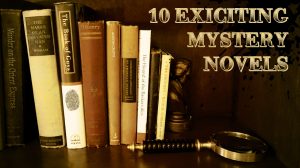
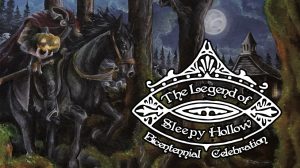
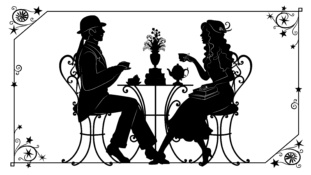
Comments
Such an engaging, awesome and festive post. I was particularly struck by the quote from Irving in which we mentioned “rural games of former times”. It always intrigues me to think about how in times that now seem (and are) nestled far in the heart of the past to us in the 21st century, those alive at the time had their own view on what was considered “old” in their own eyes.
I truly enjoyed this excellent entry. Thank you for sharing it with us.
May your holiday season sparkle and abound with the timeless joys and blessings of Christmastime.
Autumn Zenith 🧡 Witchcrafted Life
Author
Autumn, I thought the SAME thing! That “old” is so relative to time and don’t we wish we could time travel to experience that? Yuletide wishes for a very old-fashioned Christmas to you!
I never knew about this book. Thank you so much for sharing this charming tale.
Author
Thank you, I’m so glad you liked it. We actually read it for the first time this year as well. It is going to be a part of our traditions. 🙂
Pingback: TOP VINTAGE CHRISTMAS MOVIES | Best classics for Christmas
Pingback: VISIT THE REAL SLEEPY HOLLOW + TARRYTOWN New York